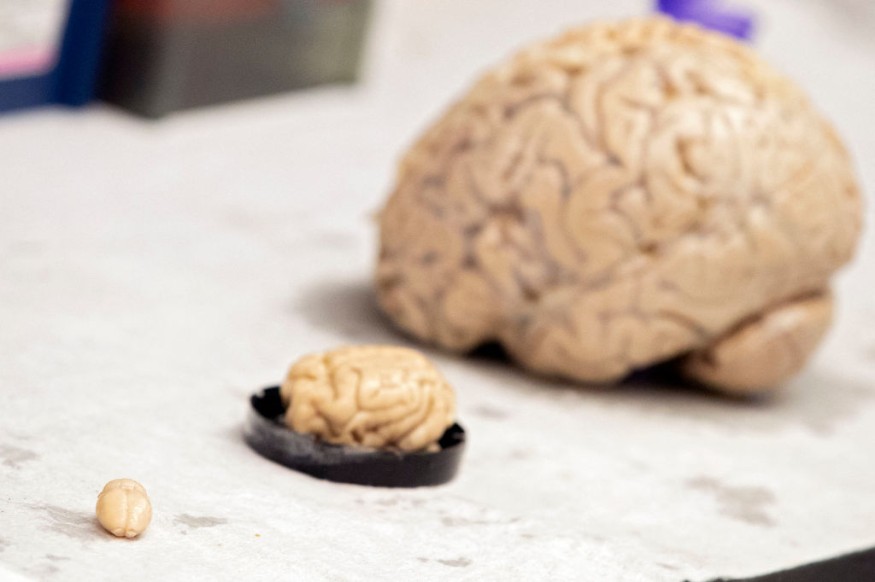Time cells have been found inside human brains which allows us to track the flow of time and sequence of events, according to a new study led by scientists in France. The findings suggest these cells or neurons in the brain region hippocampus could be the key component that retains our memories together when it comes to remembering and tracking time, particularly in the right order sequence of events.
In particular, the so-called sequence-tracking cells allows the application of chronology, the science of arranging events, whether small or large, in their order of occurrence in time. With this, chronological events thought us that all mundane, historical, and astronomical events have a start and beginning. This means that the new research asserts that humans are hard-wired to track time due to these cells.
Evidence about the time-tracking cells is not new. In fact, previous research has shown that scientists were also able to find them in rats. However, the scientific community remained in the dark as to how episodic memory or sequence-tracking abilities is embedded in the human brain. In spite of the discovery, it is still unclear if other animals, especially mammals, are capable of tracking time in a long-term basis.
The implications of the research to human health and medicine are still theoretical. Yet, the identification of the complex time cells could serve as a foundation for treating memory-related illnesses, including the notorious Alzheimer's disease and other forms of dementia. Further research is also needed on whether each person has different amount of time cells in their brain, improving their memory power or not.
Human Brain Time Cells

The study was published in the Journal of Neuroscience, which emphasized that episodic memory pertains to our ability to remember the what, where, and when of a past event or experience. With this, a research team from the Brain and Cognition Research Center in France proves that time cells in the human hippocampus contain temporal information.
The team monitored the electrical activity of the brains of 15 epilepsy patients using microelectrodes implanted in their hippocampus. After the participants were asked to perform a memory task, the researchers found the activity of hippocampal cells, which allowed decoding one temporal epoch from another, the study says.
What are Time Cells?
In 2020, a related study was published in the journal Proceedings of the National Academy of Sciences (PNAS) wherein it was also found that time cells in the human hippocampus and in the entorhinal cortex that supports the recollection and function of episodic memory.
The study also described time cells as neurons in the said brain regions that fires up when during specific moments accompanied by an experience or cognitive task. Similar to a recording device, the research shows that these neurons automatically activate when needed.
Time cells put some sort of time stamps or indexes on memories during the moment they are being formed. This process allows us to recall sequences of experiences or events and make sense of it, according to Dr. Bradley Lega, the 2020 study's senior author and a neurosurgeon from the University of Texas Southwestern Medical Center in the United States, as cited by the National Public Radio (NPR).
© 2025 NatureWorldNews.com All rights reserved. Do not reproduce without permission.





